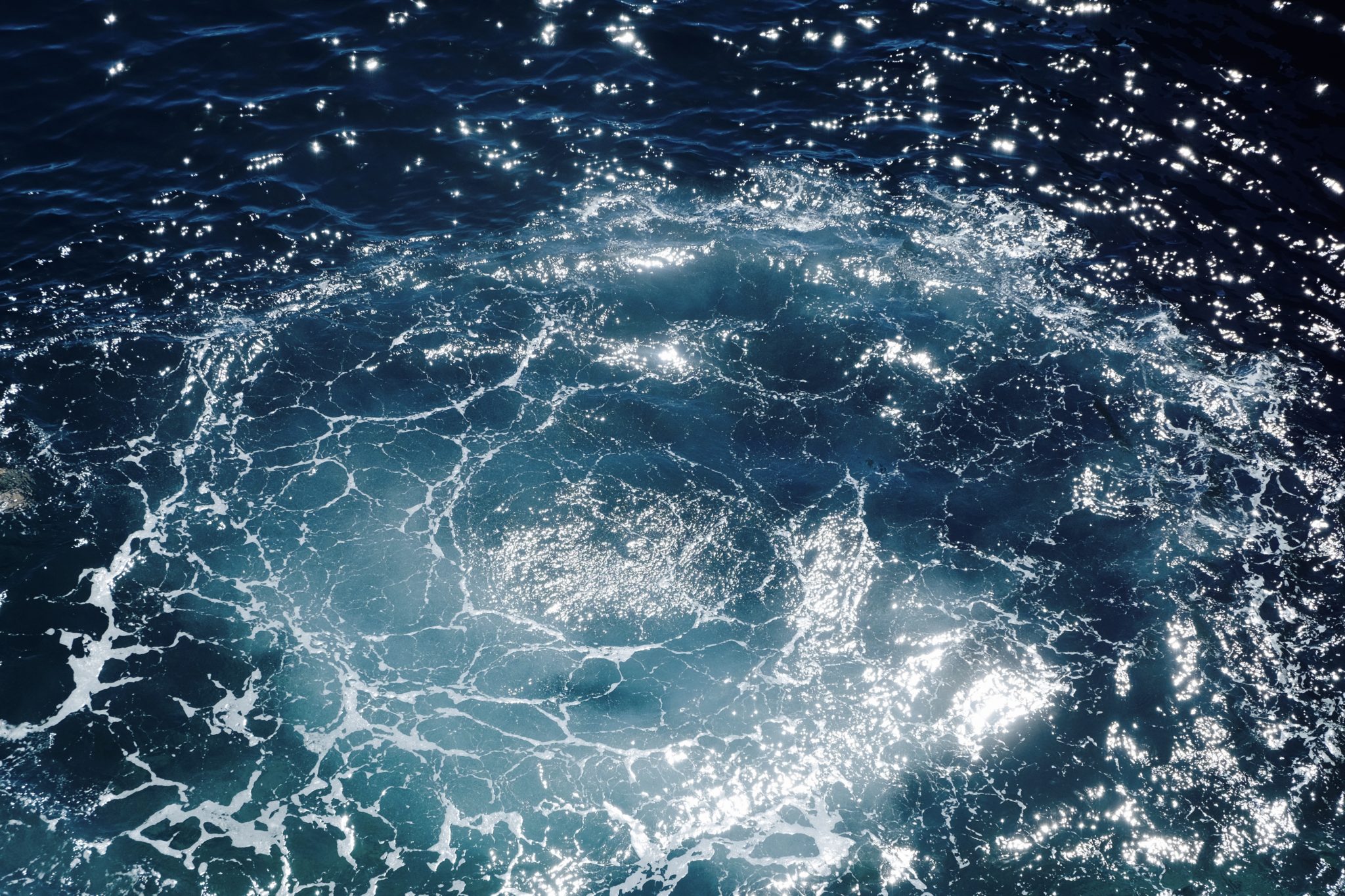Cover photo by Maggie Beheler-amass
White sand beaches. Transparent blue water. Paradise.
All of these phrases describe Zanzibar perfectly. A small island off the coast of mainland Tanganyika, it is a well-kept secret among Tanzanians. Wizened fishermen hung precariously off their tiny boats, looking like specks in the expansive ocean. The water crashed in torrents, yet the sound was calming, almost peaceful. My friends jumped and yelped in the water, letting the high tide take them wherever it wanted while I laughed from the safety of the beach. In this moment, I couldn’t help but feel like this was other-worldly, that what I was experiencing was almost unreal. That is, until I experienced low tide for the first time.
At one in the morning, my newfound friends and I emerged from our rooms and tiptoed through the lobby, reaching the sand in a matter of minutes. No lights could be found on the beach, save the flashlight I was holding and the glimmer of the stars. As someone who usually prefers the indoors, I was not too keen to be outside at this hour for nature. Let me stay in the comfort of my bed with the latest Game of Thrones novel; that is enough adventure for me. When I looked out to the ocean, however, I realized what the visitors on the beach were going on about: the water was gone.
On this June night, the water had disappeared. Gone were the crashing waves that carried my friends hours ago. In its place was only sand, miles and miles of wet sand where the water had flowed; the only evidence was ripple marks looking live frozen waves. Carefully, I stepped and squished through white sand, leaving footprints behind. Sand crabs scuttled and burrowed into holes by my feet, scared of the predator with the moon in her hands. With each step, I became more awestruck, amazed that I was walking on land that had been so inaccessible to me hours before. I could still hear the waves crashing on a farther shore, yet my legs couldn’t take me there. The ocean had retreated more than two miles off the shore, and I was standing where water was supposed to be.
Looking up from this point of view, I could see planets for the first time. I muted my light, wanting to take in the stars as much as I could. I could see the inverted Big Dipper above me, reminding me that my world had turned upside-down. For the first time, no one made a sound, and if you knew the girls I traveled with, that would come as a shock to you. This, this moment, this point of my life, was the first time I felt connected to the earth in a profound way. I was a creature of the world, and I could finally see the splendor and miracles that Mother Nature was so famous for. The minutes turned to hours, and I stood with my feet melting into the sand, feeling at one with planet, and I was at peace. The low tide gave me a sense of wonder, a feeling of connectedness I had never had. I was home.

